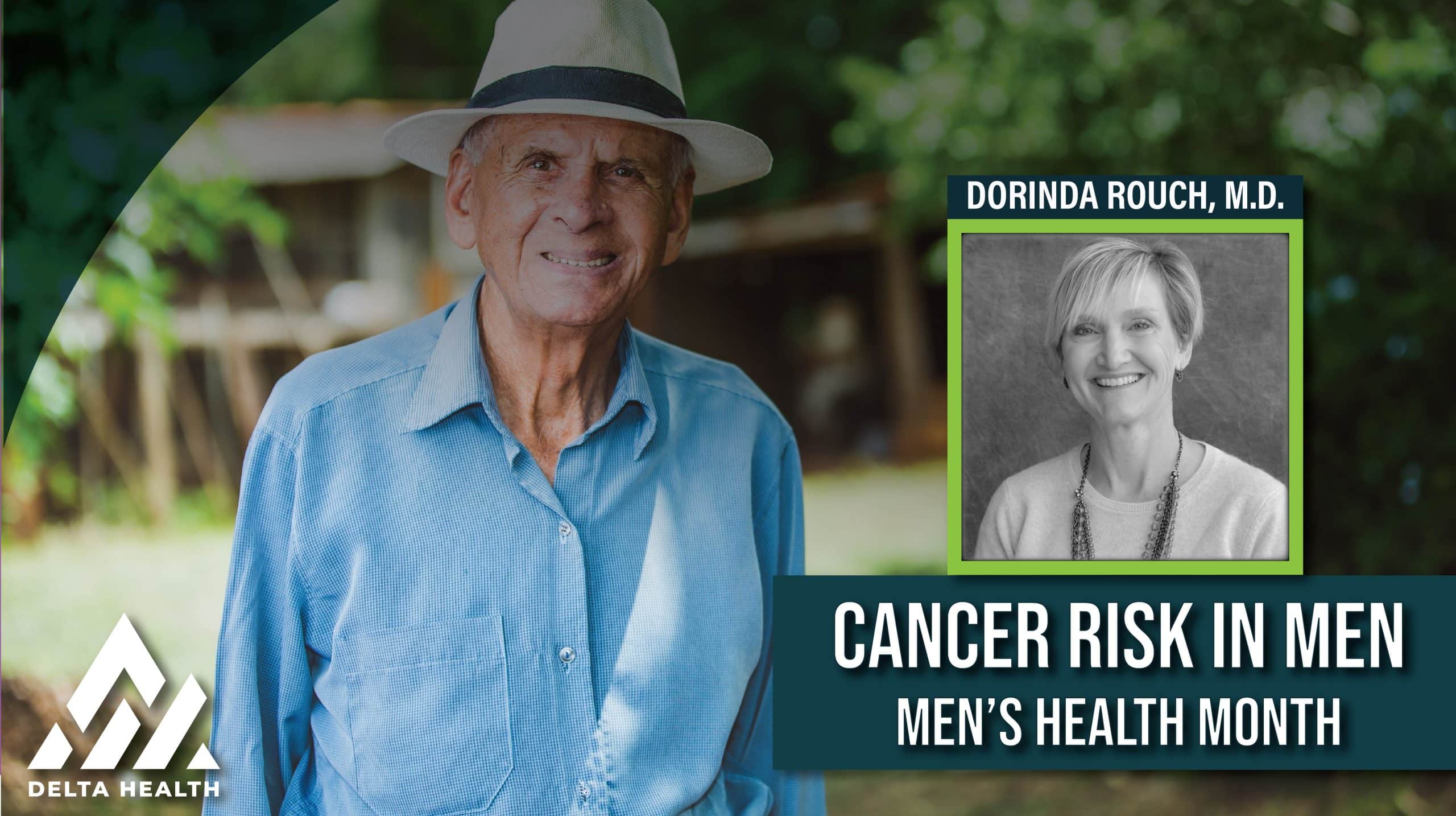What did Eddie Van Halen, George Harrison, and Sammy Davis Jr. have in common? Besides being great entertainers and musicians, they all had bouts of head and neck cancer. “Head and neck cancer” is the term used to describe a number of different malignant tumors that develop in or around the throat, larynx or voice box, nose, sinuses, and mouth. Being a musician certainly is not a risk factor for this type of cancer, but some of their behaviors may have contributed to this disease.
In the United States, approximately 53,000 Americans will develop head and neck cancer every year. Risk factors include the use of tobacco products such as cigarettes, cigars and pipes. Smokeless tobacco is associated with an increased risk of cancer as well. In addition, alcohol consumption increases the risk of head and neck cancer. Some types of viruses (such as human papillomavirus, Ebstein Barr virus and hepatitis C virus) have been associated with an increased risk of head and neck cancer. Finally, some occupational exposures, as well as exposure to Agent Orange, have been found to increase the frequency of this disease.
Symptoms of head and neck cancer may include ear pain, mouth pain, non-healing mouth ulcers, difficulty swallowing, pain with swallowing, hoarseness or weight loss. A mass in the neck can also be a worrisome presentation. If you are experiencing any of these symptoms, contact your primary care provider. If the disease is caught early and treated, the 5 year survival rate is typically 70-90%. Head and neck cancers associated with human papillomavirus tend to have a better outcome than those that are not.
Once a suspicious spot has been biopsied and proven to be cancer, the treatment can range from surgery to chemotherapy plus radiation. The goals of treatment include getting rid of cancer to prolong life as well as preserving function of the throat and oral cavity.
You can reduce your risk of head and neck cancers by avoiding alcohol and stopping the use of all tobacco products. You can reduce your risk of HPV infection by limiting the number of sexual partners. **having multiple partners increases the risk of this viral infection**
Dr. Dorinda Rouch, MD is a Medical Oncologist with Delta Health Oncology and Hematology at Delta Health. All the information provided are guidelines. The medical information provided does not include all of the information important for patient use and should not be used as a substitute for professional medical advice. Your personal physician or healthcare provider should be consulted concerning any questions that you have.


